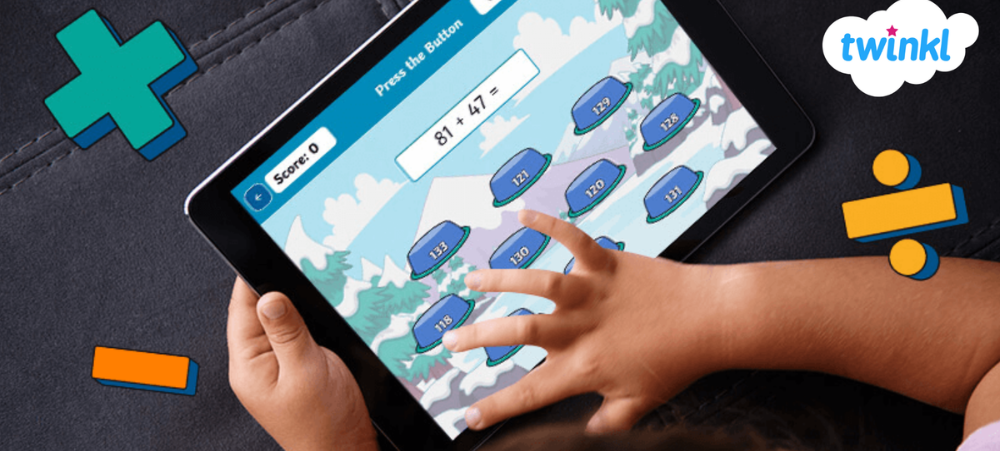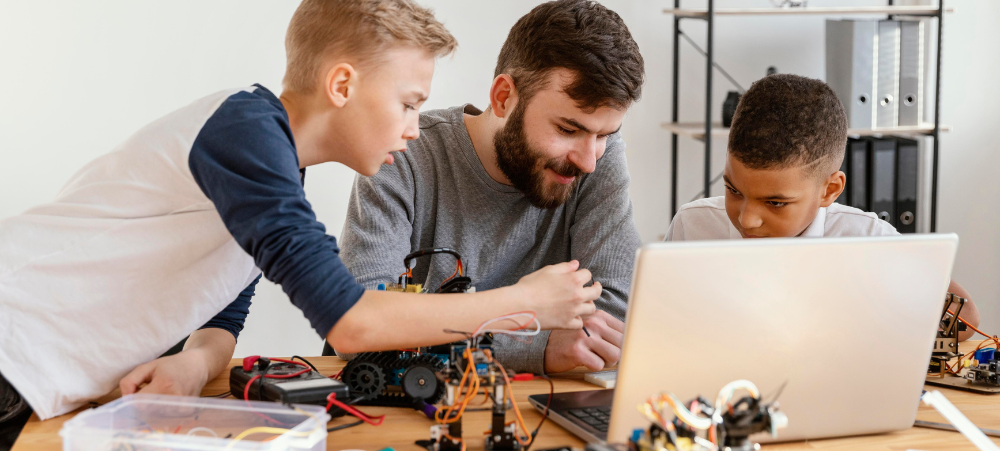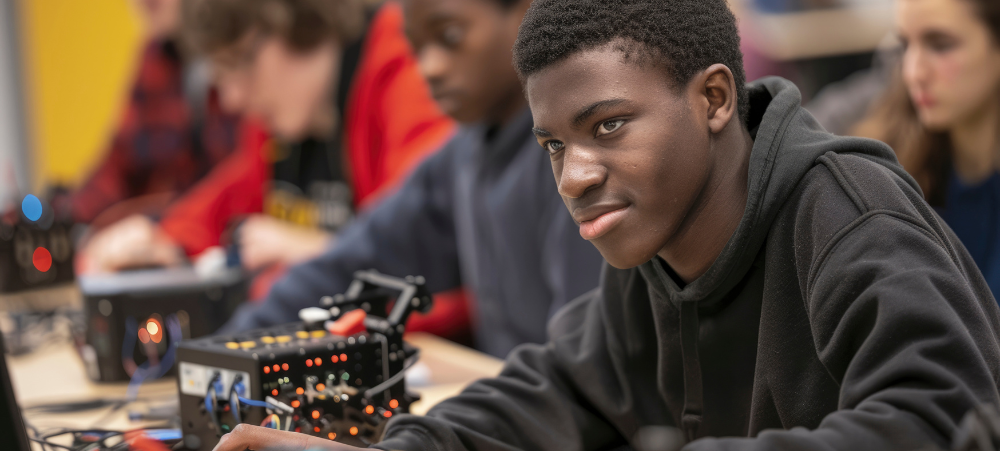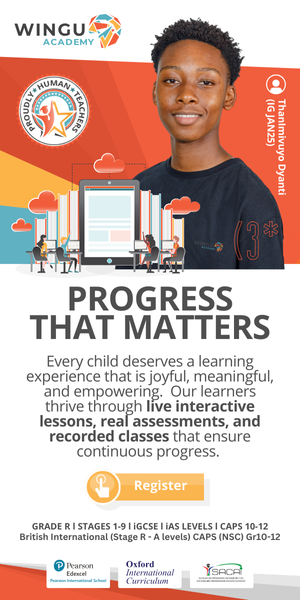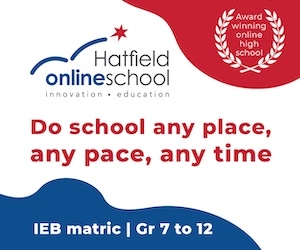Education is fundamental to a child’s development, but for learners with medical challenges, traditional schooling can present significant barriers. The rigid structure of conventional schools often cannot accommodate the complex needs of children who require medical equipment, frequent treatments, or extended recovery periods. For Ayaan Bhoopal, a 15-year-old Grade 8 learner from Buccleuch with a compromised immune system and complex heart and lung conditions, traditional schooling simply could not accommodate his needs. Instead, homeschooling emerged as a practical solution. Ayaan is living with Tricuspid Atresia Type 2C and Pulmonary Vein Stenosis and has endured six open-heart surgeries, requiring 24-hour oxygen support and ongoing medical care. Since the global Covid-19 pandemic, and in response to escalating health challenges, Ayaan transitioned from traditional education to homeschooling, and later to a full online programme with Impaq Online School, learning from home in a structured, CAPS-aligned environment supported by a team of dedicated teachers. “Homeschooling gave Ayaan a sense of purpose and motivation,” his mother, Seshma, shares. “It allowed him to continue learning while managing his health safely and flexibly. His online classroom is a space where he feels seen, supported, and inspired.” A Learning Model That Adapts to Medical Realities For learners like Ayaan, flexibility in his daily or weekly routine is essential. Ayaan’s day-to-day life includes managing a home oxygen concentrator, saturation monitor, medication, and therapies. His learning environment must therefore adapt accordingly. The online format allows his family to structure lessons around medical appointments, rest, and therapy, without losing academic momentum. “The structure and support from Impaq have been phenomenal,” says Seshma. “Even when Ayaan was in ICU last year, he tried to log in for classes whenever possible. His teachers showed incredible empathy and adaptability, modifying content to help him stay on track without pressure.” Beyond academics, Ayaan’s learning experience has been holistic and joyful. Impaq Online School incorporates co-curricular activities such as Art Exhibitions, Talent Shows, Friday Dress-Up Days, Prestige Evenings, and E-sports Gaming, allowing learners like Ayaan to feel included, creative, and connected. He also benefits emotionally from having his support dog with him during lessons, helping him maintain calm, focus, and emotional well-being throughout the day. The Challenges and Commitments of Homeschooling Homeschooling has not come without its challenges. The model requires a high level of self-discipline, structure, and support at home. But Ayaan’s determination, combined with his family’s commitment and Impaq’s responsive academic team, makes this system work. “Ayaan is a self-disciplined learner,” his mother says. “He follows the CAPS curriculum closely, sets his own goals, and shows pride in his progress. Impaq has helped make this a lifestyle that suits him, removing unnecessary social pressures while keeping him academically engaged.” A System That Listens, Supports, and Encourages Impaq’s success lies not only in the digital infrastructure and curriculum but in the quality of its teacher and learner support systems. According to Seshma, communication with the teaching and support team is open and encouraging, and feedback is meaningful. “Every small achievement is acknowledged,” she explains. “Teachers know their learners, offer encouragement, and adapt where necessary. It’s not just about marks, it’s about perseverance, and Impaq understands that.” Even during one of Ayaan’s most medically difficult years, he remained connected to his schoolwork, driven by a strong desire to keep learning. His teachers provided flexibility without compromise, adjusting expectations while maintaining quality. This balance allowed Ayaan to feel part of something bigger, despite the isolation that can come with severe medical conditions. “Ayaan’s education is not just about academic progress,” says Seshma. “It’s about empowerment, identity, and being part of a community that values his contribution, no matter his limitations.”






























